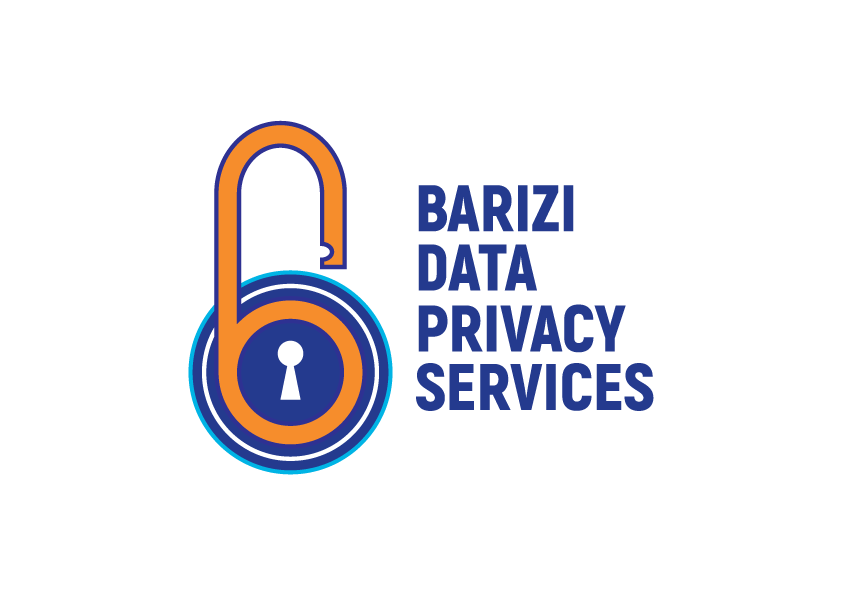A Software License Agreement is a legal contract between the owner of rights to a piece of software (a licensor) and the purchaser of rights to make use of such software (a licensee) which governs the use of the software. It is often used by software developers who build and own a core application, customize it for clients and provide them with the license to use it. The agreement defines and protects the rights of the parties involved in a clear and concise manner by detailing the usage and restrictions on the software by the licensee.
Our clients describe us as a product team which creates amazing UI/UX, by crafting top-notch user experience.
Although some features of a Software License Agreement will vary on a case to case basis, subject to review, some of the key clauses include:
- Licensing – In this section, you comprehensively provide for the grant of the license, including the conditions for such grant, permitted us, restrictions etc. This is usually on non-exclusive basis since licenses are usually issued for commercial purposes, and includes accruing obligations of either parties;
- License fee – Issuance of a license authorizing use and utility of a software application comes at a consideration which then may vary depending on the business model, the subscription for use, the version of the software or the perpetual lifetime use of the License. This clause expressly sets out the terms of payment for the use of the license;
- Intellectual property – Intellectual property protection is very substantial and significant especially with respect to software and technology. This may include protection relating to any documentation, media, packaging and illustrations constitute the exclusive valuable property of the Licensor. The clause is of uttermost importance and must set out the conditions upon which the software can be copied (if at all) or protected by the Licensee;
- Confidentiality– The nature of the Software may give rise to the contractual obligation of confidence that the Licensee must uphold top ensure exclusivity of use and non-transferability of the Licensor’s property;
- Indemnity – The Licensor may want to be indemnified against certain losses caused by the Licensee’s use of the Software in respect of any claim or action accruing especially arising from any abnormal or ‘out-of-scope’ operation, possession or use of the Licensed Software;
- Warranties – The Licensor ought to include various warranties regarding the nature and suitability of the to avoid any claims towards them on aspects that have not been provided for by the licensor;
- Modification & Upgrade – If the Licensor is not desirous in allowing the software to be modified on the back end, the Agreement must state this explicitly. Where the licensor allows for some form of modification (this is usually very uncommon), this clause need to be very clear on the terms of such modification so as to avoid infringement of IP rights. In addition, the licensor must also sufficiently include any details relating to product updates, whether to be made by the licensor or the licensee;
- Liability – the element of liability is a crucial factor and should be clearly provided for to avoid a party being held irregularly liable;
- Dispute Resolution: It is useful to have some mechanisms in place to ensure disputes are resolved efficiently, especially since our modern times require a swift mechanism as a result of the fast moving pace of technology; and
- Terms of termination – This clause should include grounds in which both parties can terminate or revoke the software at any time and for any reason without any repercussions.
How can we assist you?
At CM Advocates LLP, we have an experienced team of lawyers who can offer you legal assistance in drafting, developing and reviewing your Software License Agreements for your business. Please contact us for our services at law@cmadvocates.com for more information on our services.
Contact Persons & Contributors
Susan Mwango – Associate
Disclaimer
This article is for informational purposes only and should not be construed as legal advice.


